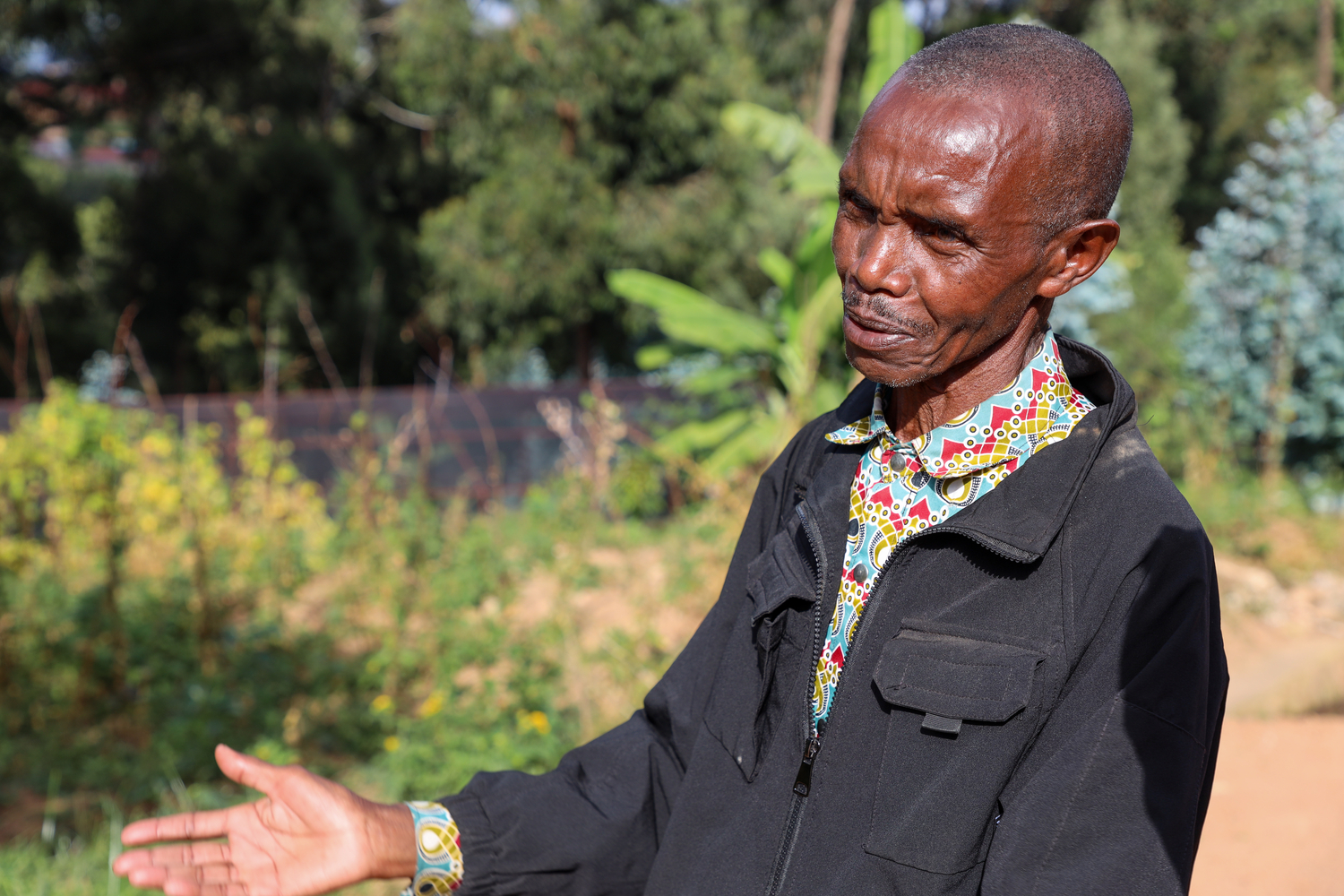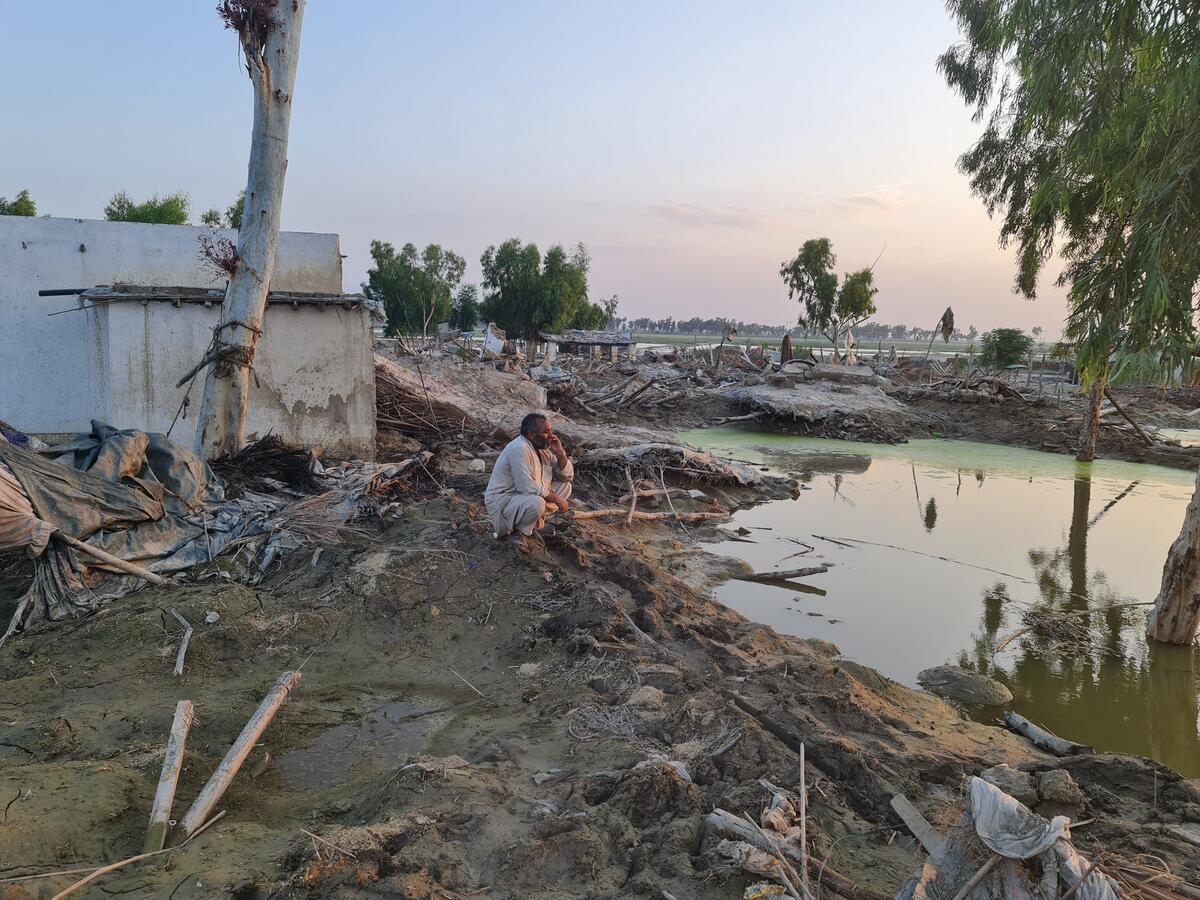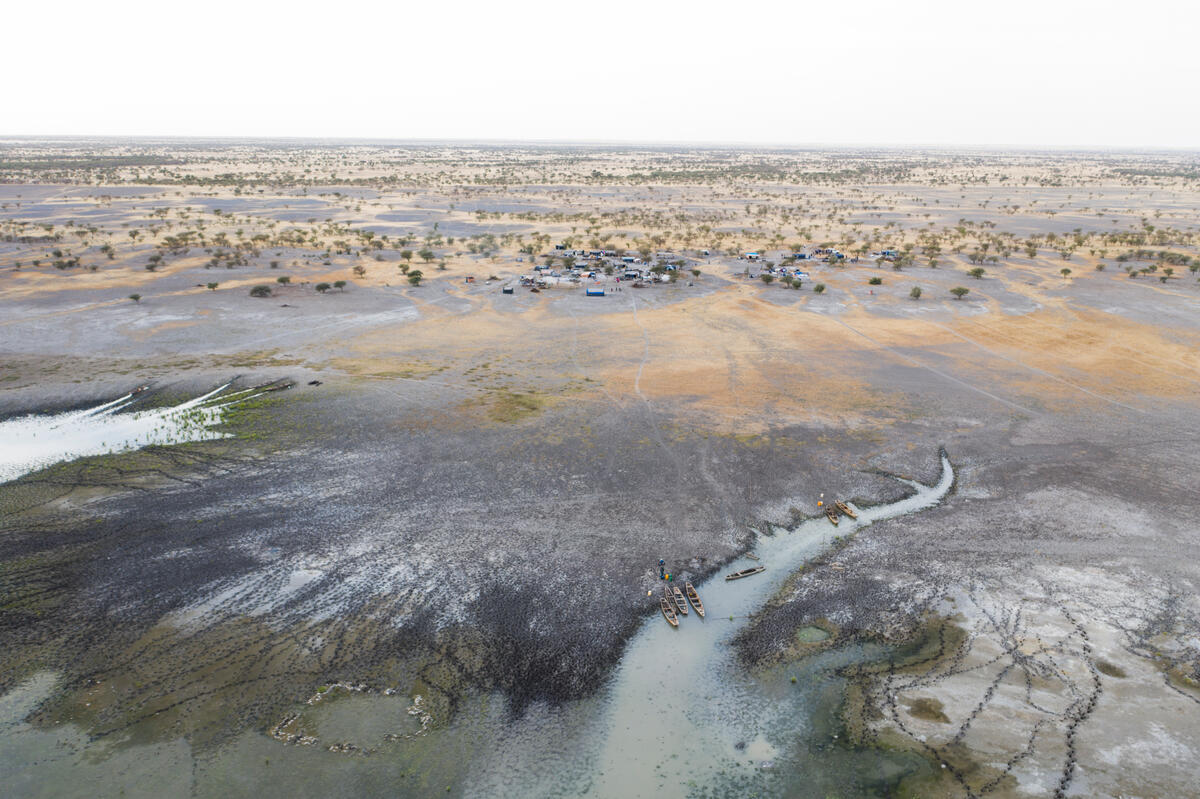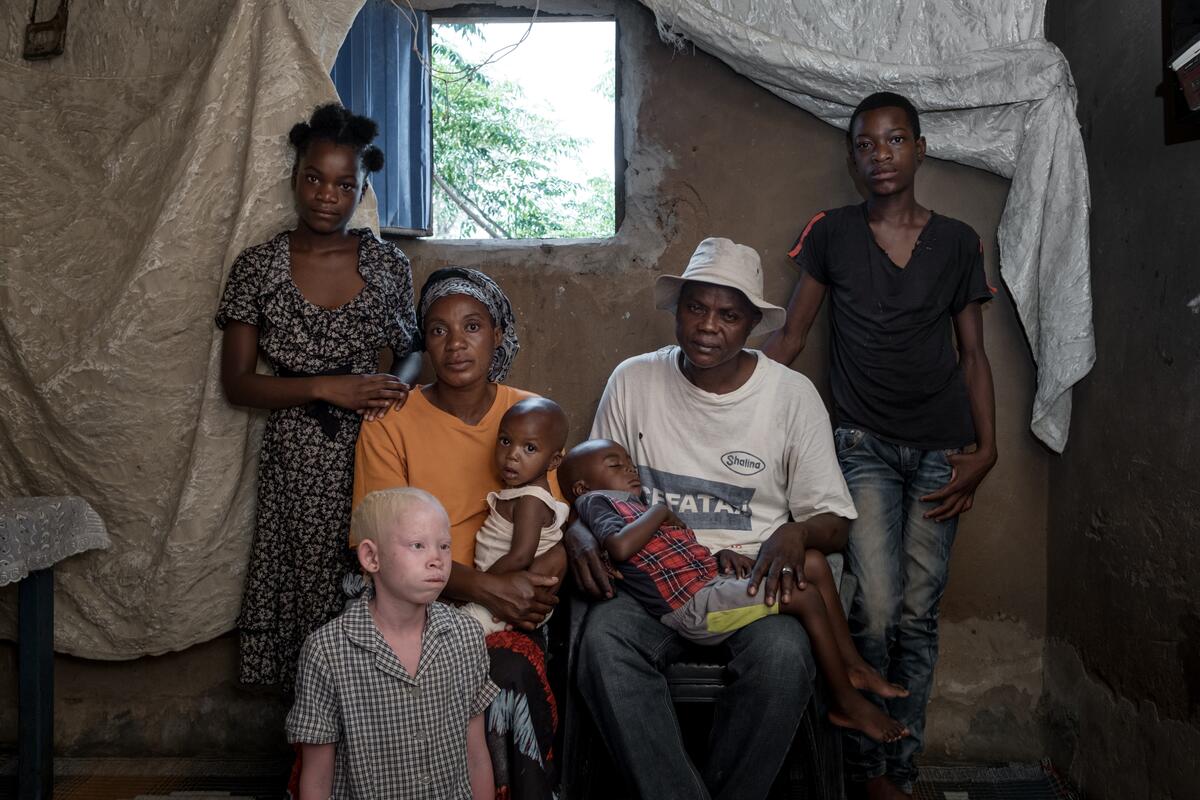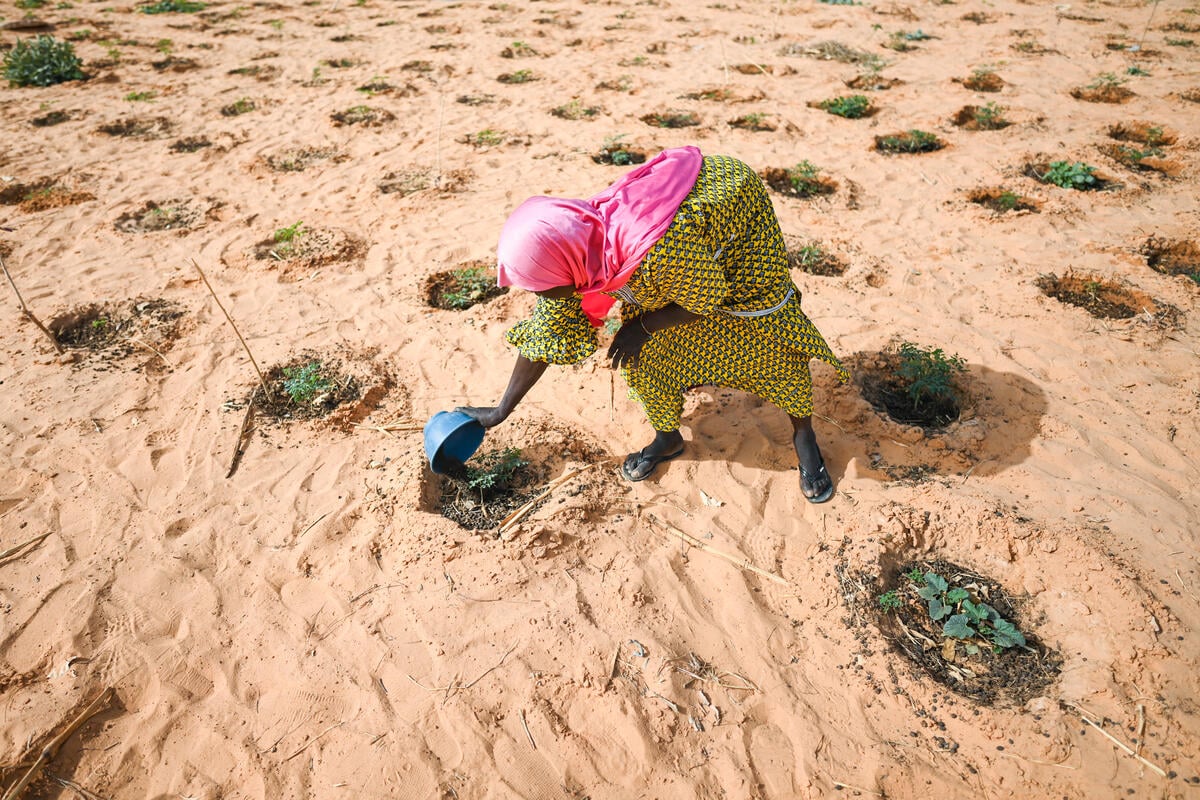Bracing for the Flood
Bracing for the Flood
By António Guterres, UN High Commissioner for Refugees
Earthquakes. Cyclones. Tsunamis. Floods. Mudslides. Natural disasters have doubled in frequency over the last two decades. Catastrophes have also become more intense, destructive and threatening to human life. In 2008 alone, some 36 million people were suddenly displaced by these phenomena.
While that is an enormous figure, it is dwarfed by the number of people whose security and livelihoods are being steadily undermined by the longer-term consequences of climate change: droughts and unpredictable rainfall patterns, the degradation and desertification of the land, coastal erosion and salinification.
A particularly disturbing characteristic of these developments is their potential to ignite conflicts within and between states, especially in situations where communities are competing for increasingly scarce resources such as fresh water and grazing land.
Looking a little further into the future, citizens of small and low-lying islands will face the prospect of their countries crumbling into the rising sea, their nationalities, cultures and identities drowned.
Nobody can say exactly how many people will be displaced by natural disasters and climate change in the decades to come. Current predictions vary enormously: from tens of millions to over a billion.
What one can say with considerable confidence, however, is that the impact of climate change will be felt most strongly by those low-income countries that are least responsible for the phenomenon and least equipped to deal with it.
Within the developing world, moreover, disadvantaged women and men - subsistence farmers and fishermen, slum and shantytown dwellers, members of ethnic and religious minorities - will bear the brunt of the changes taking place in our ecosystem.
In these respects, addressing the challenge of climate change cannot be separated from the struggle to promote effective forms of development cooperation and to secure human rights for all.
We are now confronted with a number of global megatrends that interact with each other. In addition to climate change, they include population growth, migration, urbanization and food, water and energy insecurity, all compounded by the global economic crisis.
As U.N. Secretary General Ban Ki-moon has frequently reminded us, climate change is at the fulcrum of these trends, multiplying the impacts of the others.
Attempting to deal with these trends individually would doom the effort to failure. They require a common response, which often eludes the international community given the fragmented nature of its analytical and policy tools.
Due to its relationship to the other trends, our response needs to begin with climate change. I would propose a three-pillared strategy.
First, as recognized by the Copenhagen climate change conference, there is a need for effective mitigation, particularly by means of measures that reduce carbon emissions and thereby slow the place of global warming.
Second, affected communities must be supported in their efforts to adapt to climate change, recognizing that in some instances, mobility may be one of the elements of adaptation.
And finally, timely and coherent responses are required in those situations where people are forced to flee due to the impact of climate change, both directly and as an accelerator of other drivers of displacement, such as natural disasters, food insecurity and conflict.
Recent experience suggests that the majority of people who are forced to move as a result of these phenomena are likely to remain within the borders of their own country. Primary responsibility for their protection and well-being will thus lie with the states concerned.
But if governments in developing regions are to meet the needs of displaced citizens, they will need strong and long-term support from the world's industrialized and industrializing states - those countries that bear primary responsibility for the process of climate change.
Traditionally, the international community has responded to disasters and displacement in "humanitarian emergency mode," establishing camps, distributing food and water, building schools and clinics.
We must reconsider our approach. The billions of dollars spent on international relief over the past three or four decades have generally not achieved the sustainable improvements to local capacity that one would have hoped for.
At the same time, a growing proportion of the people affected by disaster and displacement will in future be found in urban areas, where it makes no sense to accommodate victims in camps or to establish separate and parallel services for them.
A development-oriented approach is now required in response to displacement, emphasizing the inclusion of the most vulnerable and marginalized sections of society in efforts to ensure that they benefit from the livelihoods, services and security to which they are entitled.
People who have been displaced need a hand up, and not a hand out, if they are to find lasting solutions to their plight.

